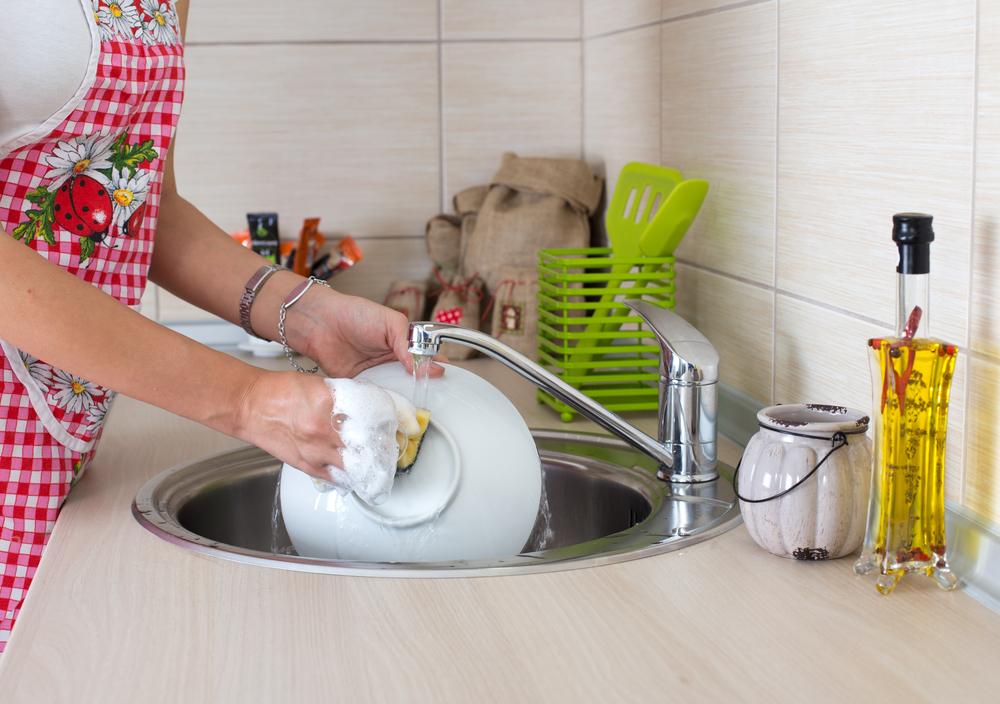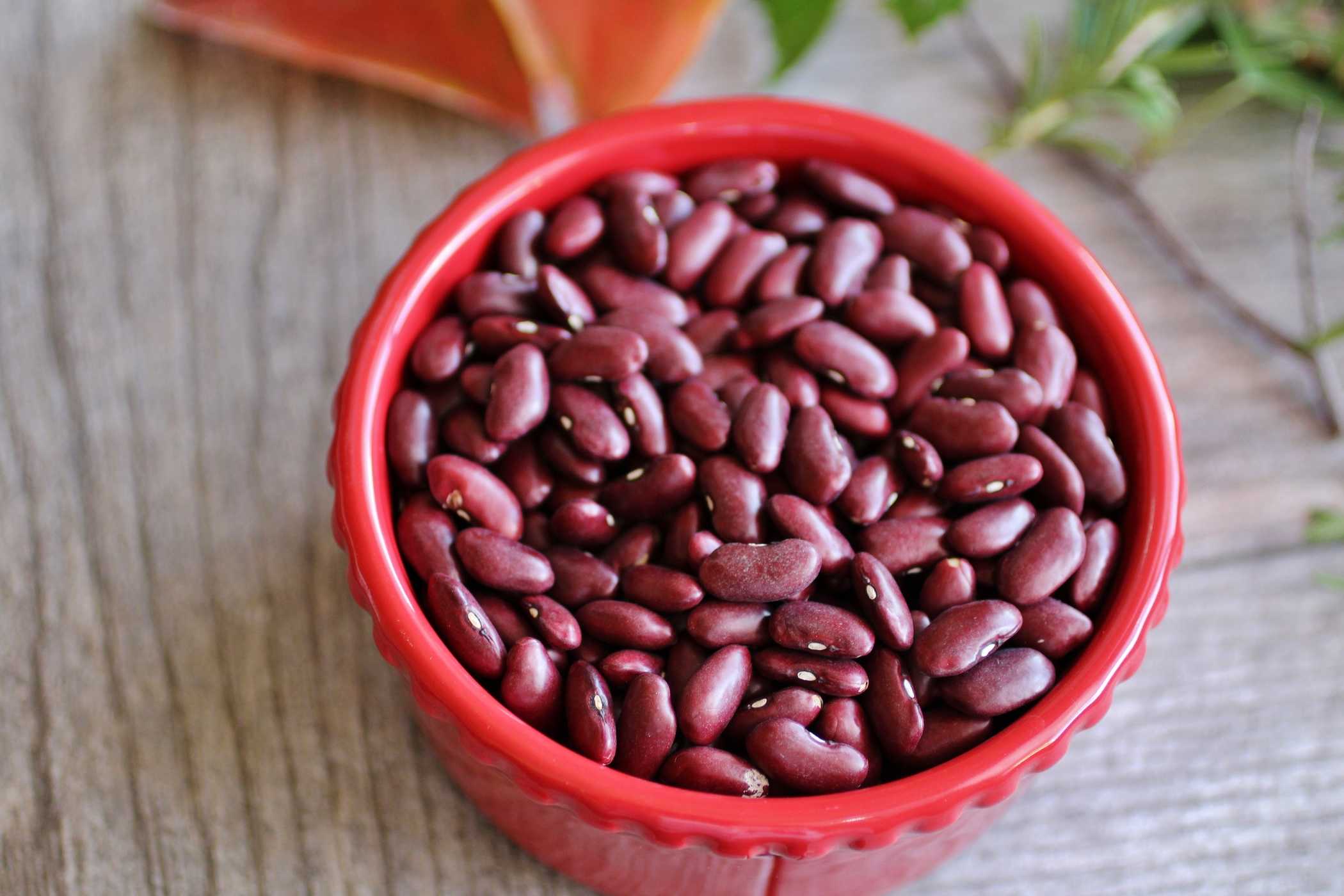Contents:
- Medical Video: Here’s How Often You Should Really Replace Your Sponge: The Biggest Source Of Active Bacteria | TIME
- When to replace the dishwashing sponge?
- Dishwashing sponges are "home" for trillions of bacteria
- Is there a way to clean the dishwashing sponge in the kitchen?
Medical Video: Here’s How Often You Should Really Replace Your Sponge: The Biggest Source Of Active Bacteria | TIME
Among the many kitchen utensils that are routinely used, dishwashing sponges are one of the tools you use every day. Even in a day you can use this dishwasher several times.
Unfortunately, many housewives rarely change dishwashing sponges and prefer to wash them clean. Actually, how often do you have to replace the dishwashing sponge in the kitchen?
When to replace the dishwashing sponge?
Cleaning dishwashing sponges is often overlooked in housework. You must be thinking because of its function to wash dishes and cook dirty and every day is always exposed to soap, then the sponge is considered safe from germs and bacteria. Believe it or not, the sponge is actually one of the dirtiest objects in the house besides the tap, washcloth and sink.
If you have a bad habit of rarely changing dishwashing sponges in the kitchen, you should immediately stop this habit. According to research in Germany, you should not use dishwashing sponges after a week of use, which means you should replace the dishwashing sponge once a week. Why? Because it turns out that objects that are useful for cleaning utensils and cooking are a favorite place for germs to breed.
In a study published in the Journal Scientific Reports, the researchers analyzed 14 used kitchen sponges collected, the study found that the cleaning device kept a very high number of bacteria.
Dishwashing sponges are "home" for trillions of bacteria
According to professor Markus Egert, a microbiologist at Furtwangen University in Germany, who also led the study, dishwashing sponges are a favorite place for microbial life because they have a very large, wet surface area and are stored in a warm kitchen environment. Dirt and leftovers left on sponges also become food for bacteria.
From the study, it was found the fact that used kitchen sponges, even though the conditions still look good, could be 'home' for nearly five trillion bacteria. The large number of these bacteria makes the dishwashing sponge even more dirty than toilet waste.
Every cubic centimeter of spongy tissue contains seven to eight times more bacteria than the number of humans living on earth. Of the many bacteria, the researchers found several types that could harm children and parents.
So it is important for mothers who have children or parents, especially those who are sick, to replace the dishwashing sponge regularly once a week. If not, the pathogenic bacteria that are in the sponge might cause diseases such as e. coli and salmonella.
Is there a way to clean the dishwashing sponge in the kitchen?
Rinse the sponge with clean water after use, not enough to get rid of germs that attach to the cavity or pores. According to Kathryn Jacobsen, Ph.D., professor of epidemiology at George Mason University, Virginia, USA, when you clean the sink or other parts of the kitchen with a sponge after washing dishes, you have the potential to move germs from one surface to another, because the bacteria are more likely spread to the area.
If rinsing the sponge with water is not enough, what should be done to make the sponge free of bacteria? There are several ways you can try.
To kill bacteria, heat the sponge in the microwave for one or two minutes at high temperatures. Then remove the sponge and wind it cool, then use it again to wash the dishes.
The second way is to soak the sponge in water that has been given bleach. Let stand for a few minutes, then lift and dry. To better ensure cleanliness, you can also wash it in the washing machine using detergent.
If you don't have much time to do the two methods above, you can try the easier steps. After use, rinse the sponge with clean water then squeeze to remove the water in the sponge. Then dry the sponge in the sun to dry.
However, the best thing you can do is replace your sponge once a week. After all, the power to use a sponge isn't too long. You should replace the sponge once every three weeks. If the sponge has smell or fall out, it's a sign that it needs to be replaced even though it's not been used recently because the ability to clean it is no longer maximal.












